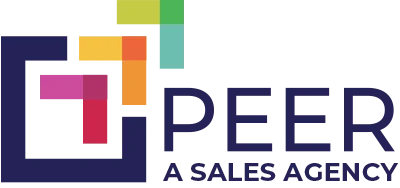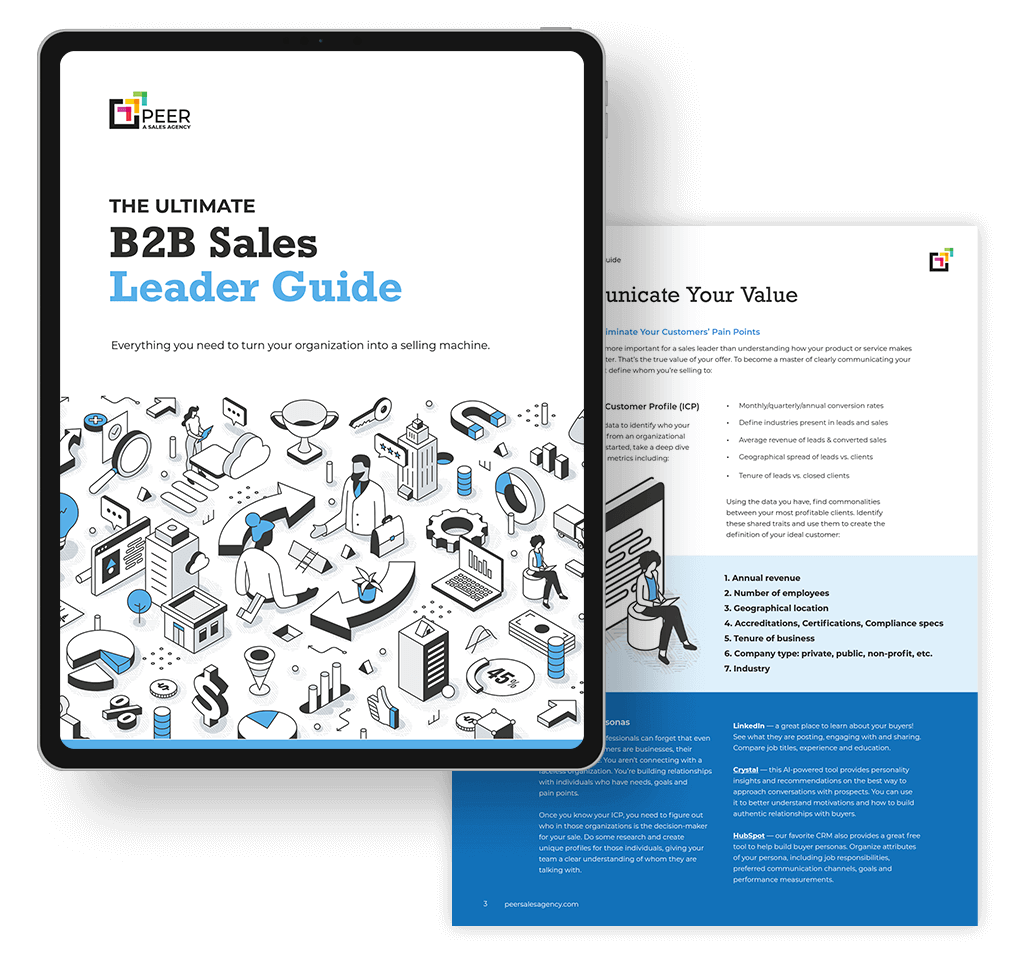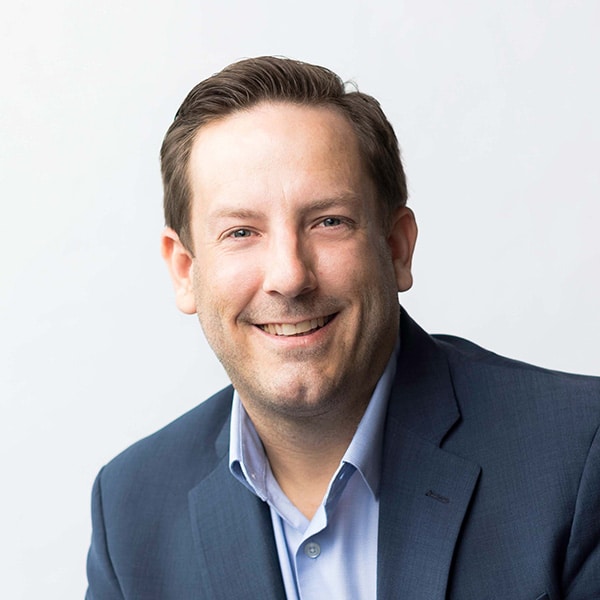It feels like everyone has gone podcast crazy. According to research by Triton Digital and Edison Research, more than 70% of the U.S. population 12 years and older are familiar with podcasts and 51% have listened to a podcast at some point. That’s approximately 144 million people. That’s a lot of ears.
These statistics are hard to ignore. That’s why, here at Peer, we’ve started exploring podcasts as a content marketing channel for our SaaS clients. But, before we made this recommendation to anyone else, we wanted to do it for ourselves. Our co-founders Sara Hanlon and Ryan Mack sat down recently to chat about what we’ve discovered during our efforts.
Key takeaway #1: Seek an expert as your guide
We asked Ryan to get us ready to launch our podcast. He’s a smart guy, who is comfortable with technology. So, who better to get us started on the path to podcast stardom, right?
“I dove in, and I’ll tell you, it has been more frustrating than enjoyable. It’s so technical. It just sucks,” Ryan admits. “There isn’t a trustworthy source to tell you how to do it. It’s not consistent. It isn’t intended for beginners.”
Ryan read more than 10 blog posts and guides on starting a podcast. As you can imagine, all of them recommended different equipment and approaches. After spending 20+ hours watching tutorials and reading Amazon reviews, he had a “duh” moment.
“I should have done what I always do in business when I need specialty work done: Find an expert,” Ryan said. “They’ll spend significantly less time because they know what they’re doing.”
So, that’s what we did. We found an expert, told them our objectives and followed their guidance. Our expert even trained us on how to setup the equipment ourselves.
Key takeaway #2: Start recording. Get better with practice.
Before you dive in too deep and spend thousands of dollars on equipment, record a pilot … and maybe a few more episodes. This is your proof of concept. Just like anything in life, podcasting like a pro will take practice.
“One approach would be to just record yourself in the easiest possible way and upload it to a hosting site,” Sara said. “You’ll always get better, better, better. You’ll be able to gradually incorporate more sophisticated equipment as you go.”
“Just self-correct over time, right?” added Ryan. “That’s kind of fun. Like learning to throw a ball. Just throw it, see what happens and adjust. It stays exciting and fun. You say engaged versus making it so mechanical and procedural and then getting disillusioned.”
The basic steps of recording a podcast episode:
- Hook up all your hardware to your computer
- Plug in your XLR microphone and your headphones into your audio interface (There are lots of options for all pieces of equipment, so consult your expert.)
- Open your recording software (Garage Band or Audition or the software of your choice).
- Situate your microphone and test your audio levels, adjusting your microphone’s position to ensure you’re getting good sound quality.
- Start recording.
- When you’re done recording, you can add intros and outros for your show (if available).
- Save the file and upload to your hosting environment (Buzzsprout or Soundcloud or the hosting platform of your choice).
The basics of developing podcast content:
- Develop a content strategy
- What is your podcast going to be about?
- What will your format be (interviews, stories, single host, music?)
- Will you have recurring segments? If so, what will they be?
- Create an ongoing content calendar for upcoming episodes
- Write an outline with script notes for each episode
- Write and record your intros and outros (the bits that play at the beginning and end of each episode)
- Develop your show artwork for your website and/or the hosting platform
Key takeaway #3: Know your objective and assess your commitment level.
Is this podcast for your business? Are you wanting to use a podcast as a marketing or sales channel? Do you want to use it to communicate with your customers? Or are you just doing this because a podcast sounds like fun?
“If you need to get this done for your business, don’t Google this,” Ryan said. “If you’re just wanting to experiment, then go ahead and spend 20 hours researching and try some things.”
As always, before you begin, define your podcast’s objective. This will influence your approach and, more importantly, your content. Once you know why you’re doing this, figure out how much time you have to devote to it. As we mentioned earlier, just selecting and setting up your equipment takes a significant time commitment—and that’s before you record a single word.
An estimated 62 million people listen to podcasts weekly in the U.S. That represents an opportunity for businesses to connect with their customers in a unique and authentic way. And, with podcasts continuing to grow in popularity each year, especially with people between the ages of 25-54, it’s hard for brands to ignore this channel.
“Businesses want an opportunity to talk to their customers. They want an opportunity to talk about their products,” Sara added. “But, they don’t have the time to do all the setup, all the extra things that go into making a podcast happen.”
“Right,” Ryan agreed. “It’s just too much. Don’t act like it’s not technical. Don’t present starting a podcast as if it’s simple. That’s misleading.”
Your objective may be to position yourself as a thought leader in your industry. Or maybe you want to share expert tips on how to get the most out of your software platform. Neither one of those objectives require you to be a junior audio engineer. Nor should you have to take the time to become one.
The bottom line:
Find an expert to help with all the technical stuff, so you can focus on your objective (reaching your customers) and spend your time on sharing your subject matter expertise (not on learning audio engineering).
If your business is interested in starting a podcast as part of your content strategy, Contact us. Peer Sales Agency is dedicated to helping small and mid-size SaaS businesses generate and nurture leads, helping them convert potential into profit.



